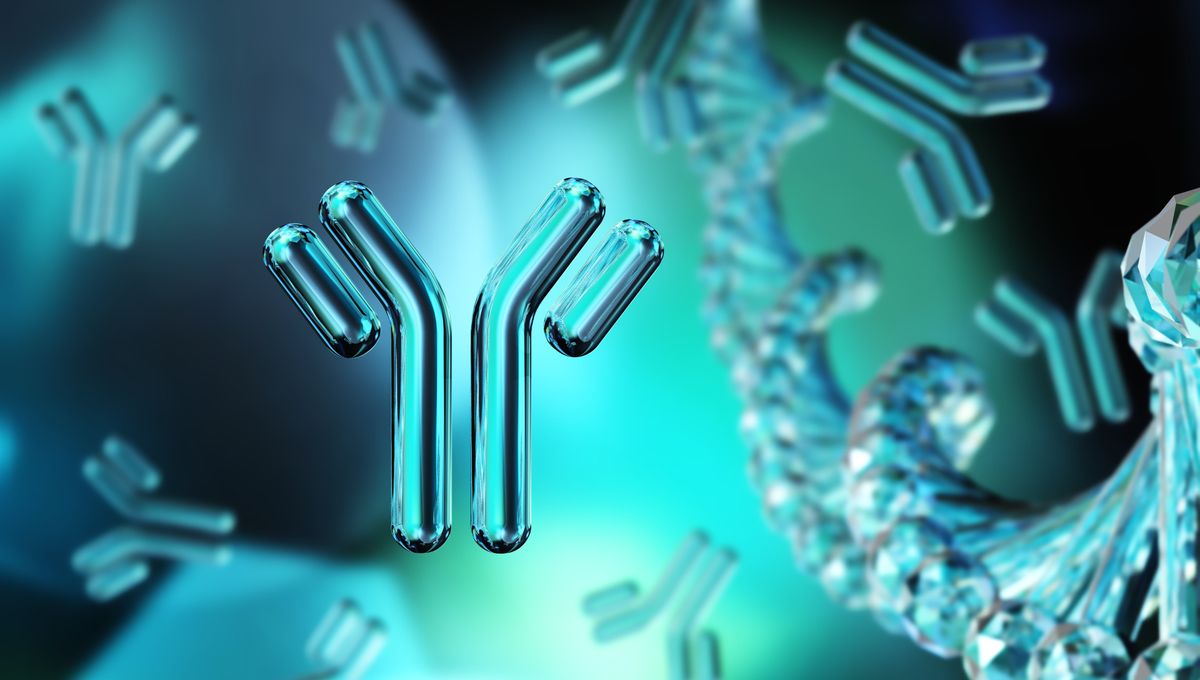
Markers of immune dysfunction in a cohort of people with long COVID had largely resolved after two years, igniting hopes that a gradual recovery may be possible for some with the condition.
The data for this research came from the ADAPT study, launched in 2020 to follow up with patients who had been infected with COVID-19 during the first wave of the pandemic in Australia. The participants were assessed at regular intervals, with blood tests, mental health screenings, and tests of their lung and brain function.
Back in 2022, scientists working on the study published the first report showing evidence of immune system dysregulation persisting for eight months in people who’d recovered from COVID. By that time, many patients with long COVID had already been fighting for months or even years to be taken seriously by the medical establishment.
Knowledge of the potential long-term effects of COVID on diverse bodily systems, from the brain and internal organs to sexual function, has increased enormously since then. Advances in detecting long COVID through blood biomarkers have recently sparked hopes for potential treatments, but the latest data from the ADAPT cohort offers even more reason for optimism.
“Almost one and a half years [after the 2022 study], we are pleased to see that among this same group, significant improvements were found in blood markers. For the majority of samples we analysed in the laboratory, the biomarkers previously indicating abnormal immune function have resolved,” explained first author Dr Chansavath Phetsouphanh in a statement.
The biomarkers included in the analysis covered many different aspects of immune function. Antibodies to SARS-CoV-2, the virus behind COVID-19, were measured. Markers of both helper and cytotoxic T cell activation were analyzed, as well as proteins like interferon-γ, which represent some of the body’s first lines of defense against invaders.
At the eight-month follow up, the scientists had noted significant differences between patients with and without lingering COVID symptoms across these immunological markers. By 24 months, this observable difference was all but gone.
When asked to report how they were feeling, 62 percent of the patients said their quality of life had improved. While this is encouraging news for them, it does raise questions for the researchers as to why some patients continue to see no change in their condition.
“[T]here are still around one third of patients who identify some ongoing impact on their quality of life,” said lead investigator Professor Gail Matthews. “This is likely explained by the reality that patients may have a range of underlying causes for their long COVID symptoms, not all of which are driven by immunological abnormalities and some of which are likely to persist even when the immunological environment has largely returned to normal.”
This is an area the scientists are keen to explore further, and the rich data provided by the ADAPT study will be very valuable for this purpose. It’s also not clear how these findings might translate to a vaccinated cohort, those who contracted later variants of the virus, or those who had more severe disease, as the researchers acknowledge.
But Professor Anthony Kelleher, Director of the Kirby Institute at the University of New South Wales Sydney, which runs the study, says that more can be done.
“What we do know is that for most people with long COVID, both their symptoms and their biomarkers improve significantly over time, and this is a cause for optimism. Importantly, we will continue to undertake research to understand more about why some people don’t improve, and what can be done for those people.”
The study is published in Nature Communications.
Source Link: Hope For Long COVID As Patients Show Immune System Improvements After 2 Years